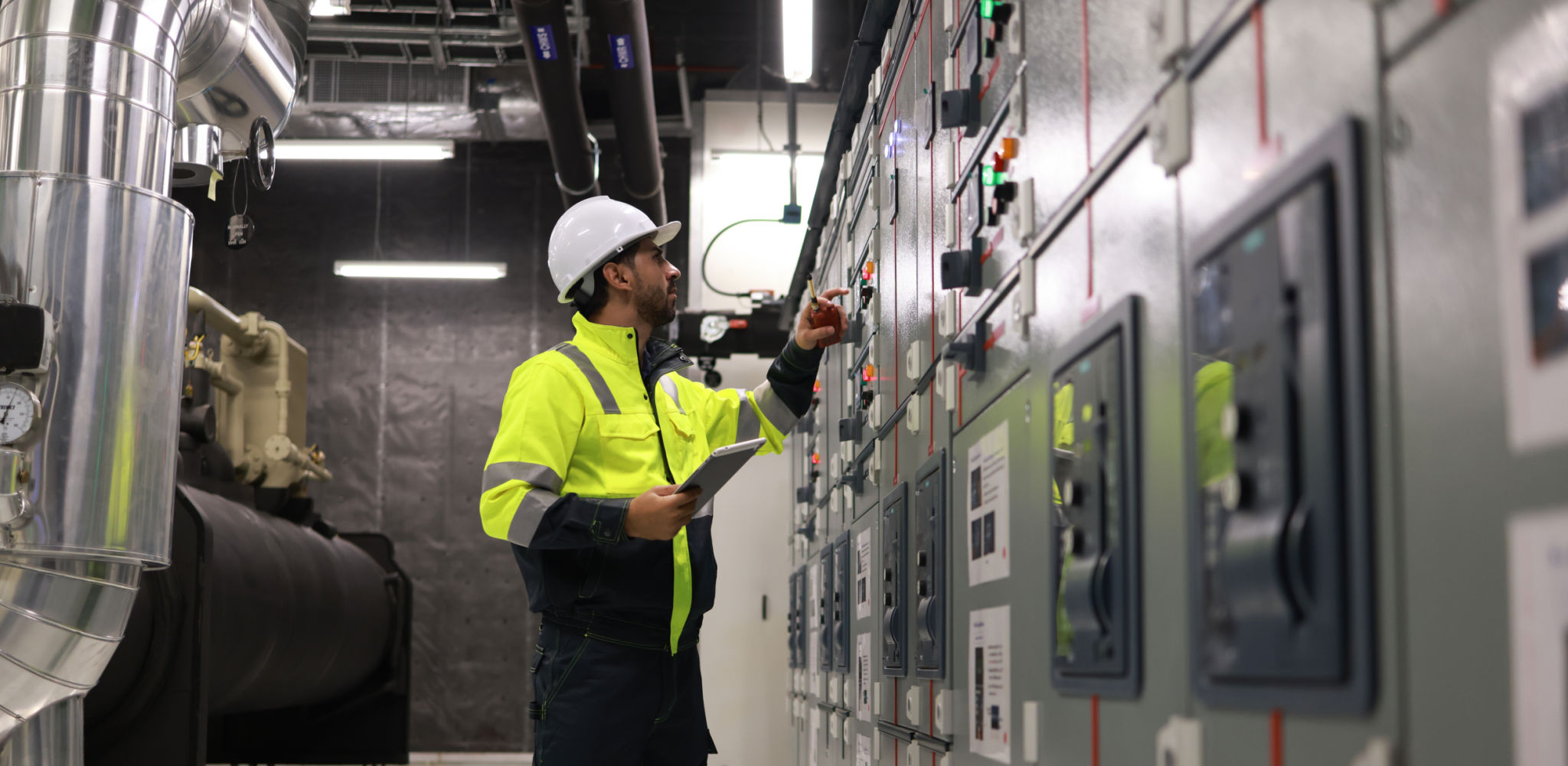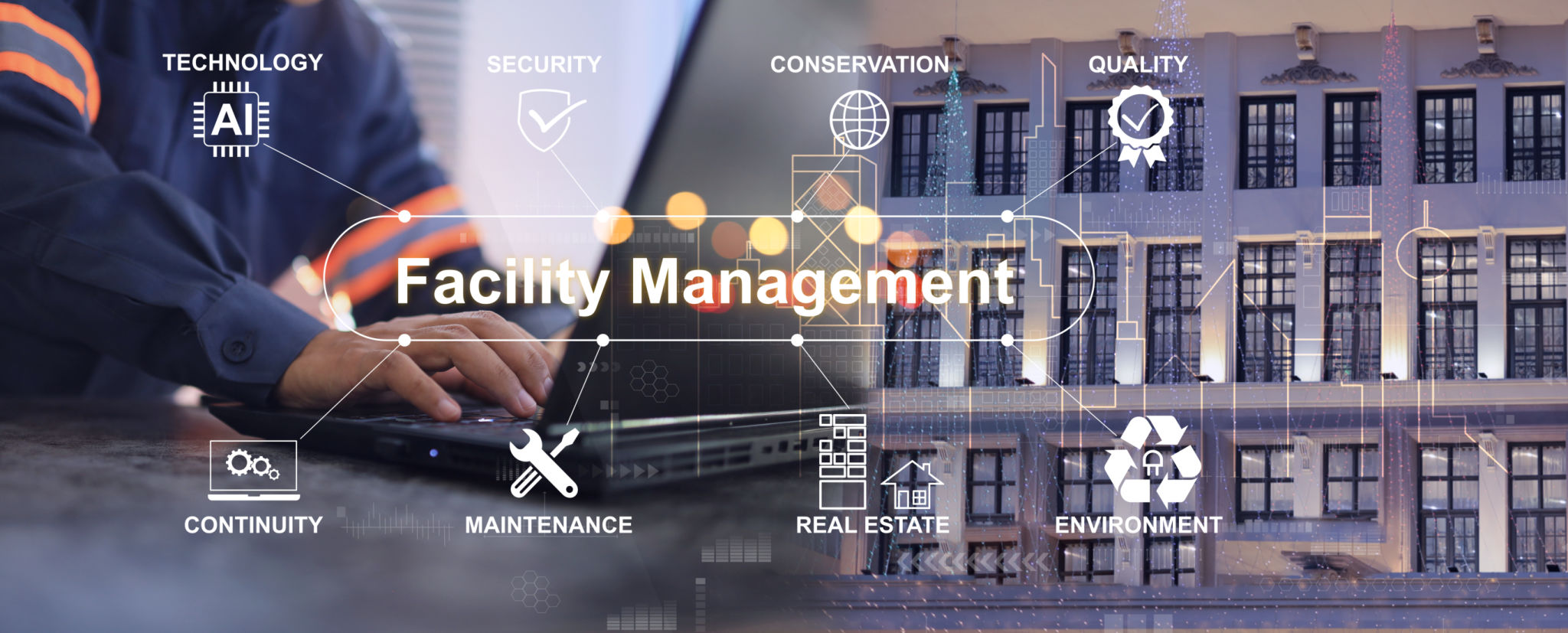Understanding Direct Digital Controls: The Backbone of Modern HVAC Systems
JH
Introduction to Direct Digital Controls (DDC)
In the realm of modern HVAC systems, Direct Digital Controls (DDC) have emerged as a pivotal technology, ensuring efficiency, precision, and ease of use. These systems represent the evolution from traditional controls, offering a digital approach to managing heating, ventilation, and air conditioning systems. But what exactly are DDC systems, and how do they function within HVAC frameworks?

What are Direct Digital Controls?
Direct Digital Controls refer to the use of digital processors and software to control HVAC systems. Unlike older, analog systems that relied on manual adjustments and mechanical processes, DDC systems utilize microprocessors to automatically manage system operations. This transition to digital allows for more precise control of environmental conditions, resulting in improved energy efficiency and comfort.
Key Components of DDC Systems
DDC systems consist of several key components that work together to ensure optimal performance:
- Sensors: These devices gather real-time data on temperature, humidity, and other environmental factors.
- Controllers: Microprocessors that interpret data from sensors and make necessary adjustments.
- Output Devices: Actuators and relays that execute commands from controllers to adjust HVAC operations.

The Advantages of Using DDC in HVAC Systems
The adoption of DDC systems in HVAC technology brings a host of benefits that are hard to ignore. One of the primary advantages is energy efficiency. By precisely monitoring and controlling system operations, DDC systems can significantly reduce energy consumption, leading to lower utility bills and a smaller carbon footprint.
Another benefit is the enhanced comfort offered by these systems. With the ability to make minute adjustments based on real-time data, DDC systems ensure consistent temperature and humidity levels, providing an optimal environment for occupants.

Improved Maintenance and Troubleshooting
Maintenance is another area where DDC systems shine. With built-in diagnostics and continuous monitoring capabilities, potential issues can be identified and addressed before they lead to significant problems. This proactive approach reduces downtime and extends the lifespan of HVAC equipment.
Integration with Building Management Systems
Another notable feature of DDC systems is their ability to integrate seamlessly with Building Management Systems (BMS). This integration enables centralized control over various building operations, including lighting, security, and fire safety systems. As a result, facility managers can oversee all aspects of building performance from a single interface, enhancing operational efficiency.

The Future of DDC in HVAC
As technology continues to advance, the role of Direct Digital Controls in HVAC systems is expected to grow even further. Emerging trends such as the Internet of Things (IoT) and increased automation will likely enhance the capabilities of DDC systems, making them even more indispensable in modern building management.
In conclusion, Direct Digital Controls represent a significant leap forward in HVAC technology. Their ability to enhance energy efficiency, improve comfort, and streamline maintenance processes makes them an invaluable tool in today's environmentally conscious world. As buildings become smarter and more connected, the importance of DDC systems will only continue to rise.
